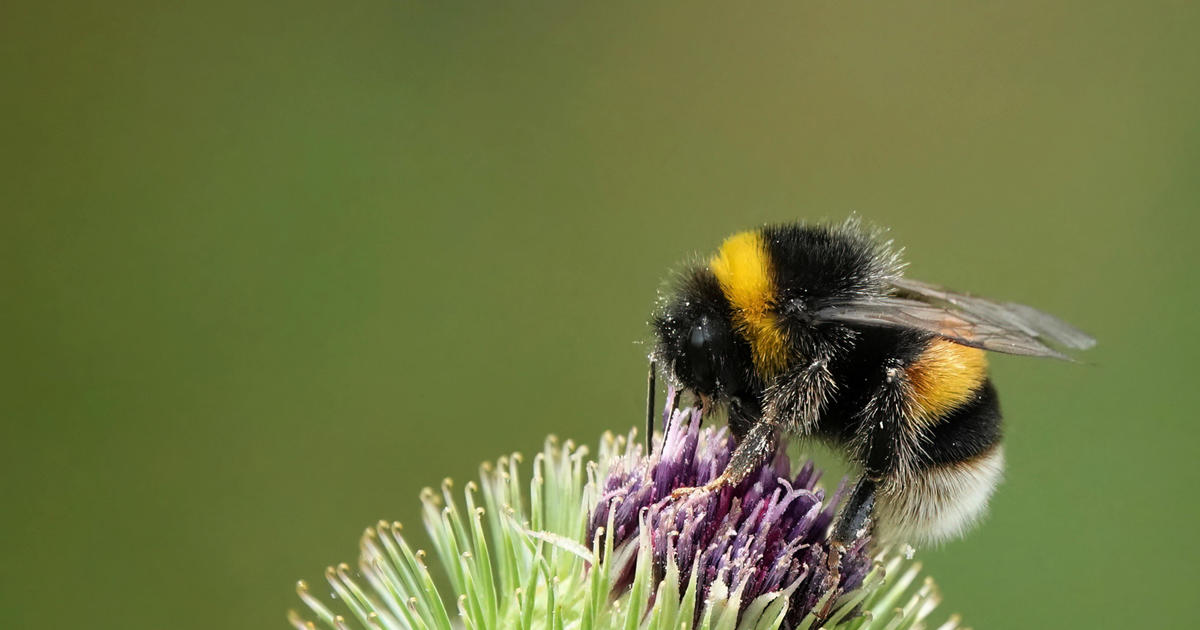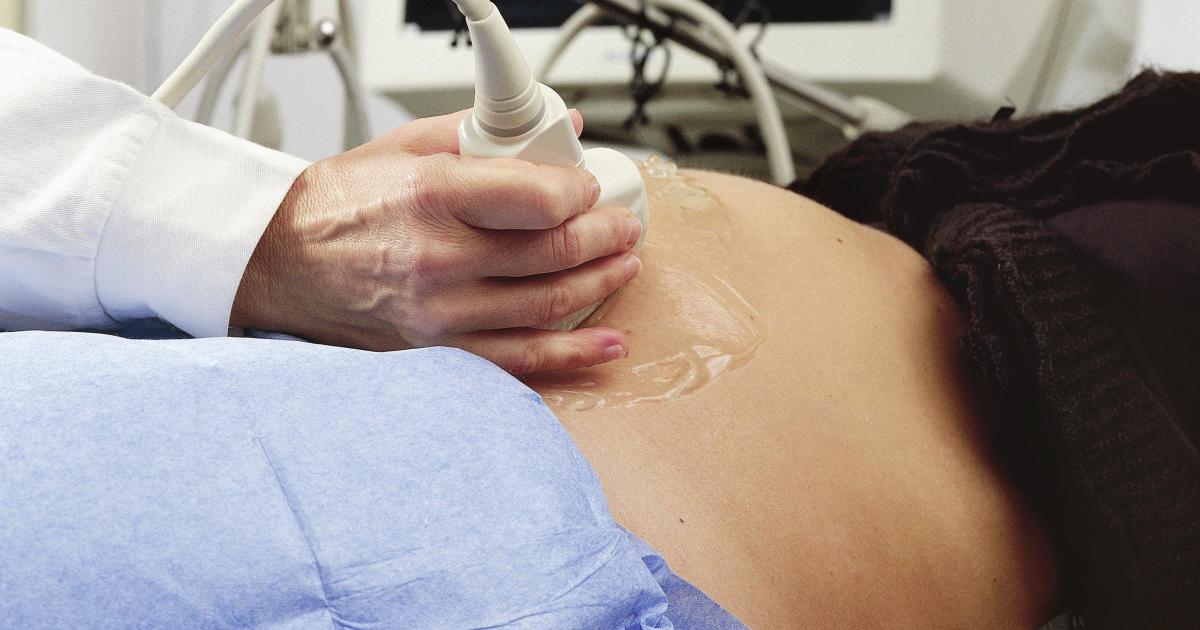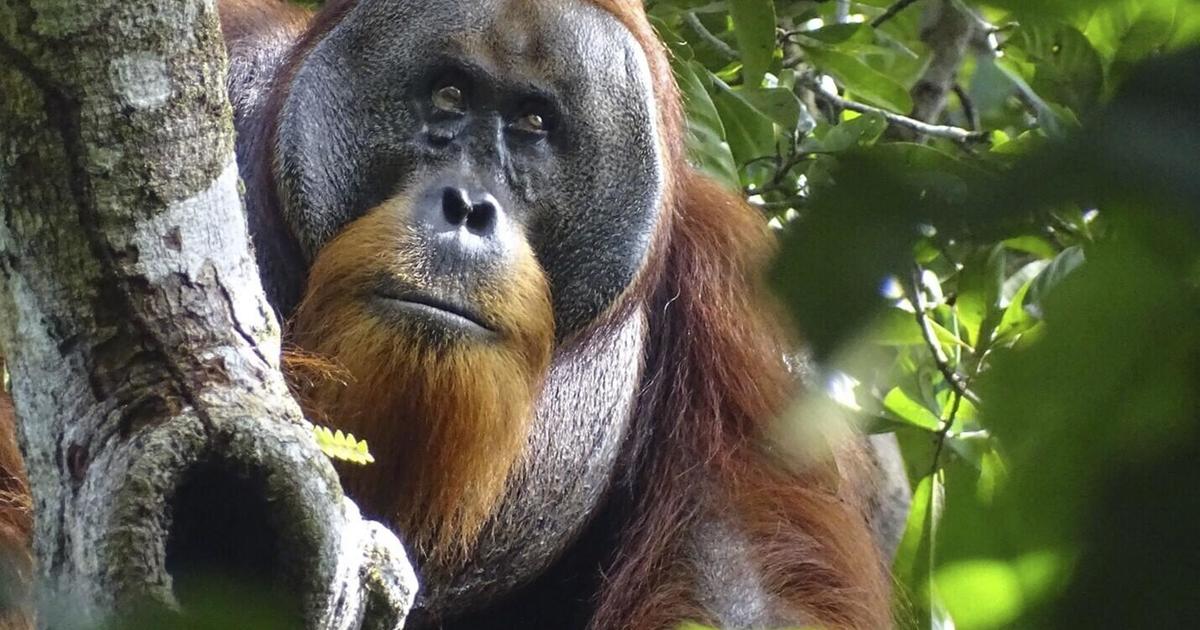Brain scans might help predict autism in babies before symptoms appear
Experimental research may lead to a new method to diagnose infants with autism before symptoms show.
In what they say is a first-of-its-kind study, researchers used magnetic resonance imaging (MRI) to examine the brains of infants at high risk for autism – those whose older siblings had the disorder – at 6 months, 12 months, and 24 months of age.
From the scans, researchers were able to correctly predict 80 percent of those infants who would later meet criteria for autism at 2 years of age.
The results revealed that early brain development biomarkers could be helpful in determining which high-risk babies will go on to develop autism.
“We see an increased rate of growth in the outer surface of the brain, the folds, the sort of waviness of the surface that’s followed by an overgrowth of the brain in the second year,” senior study author Joseph Piven, M.D., of the University of North Carolina-Chapel Hill, told CBS News.
That overgrowth of the brain coincided with the behaviors typical of autism that start to emerge when the child reaches their second year, the researchers say.
By identifying the brain changes early, there’s the potential to develop therapies that could intervene sooner, while the brain is still developing.
“It’s a time we’re talking about during the first year of life where the brain is most malleable,” Piven said.
About one out of 68 children develop autism in the United States, according to the Centers for Disease Control and Prevention. For infants with older siblings with autism, the risk may be as high as 20 out of every 100 births.
Most children aren’t diagnosed until at least the age of 2 or older.
Early diagnosis is key, experts say, because the sooner the disorder is recognized, the sooner families and doctors can employ intervention strategies like behavioral and communications therapies, and more likely the child is to achieve a better outcome. In fact, one study published in 2014 found that if intervention begins as early as the first 6 months of life, it can significantly improve a child’s condition and possibly even eliminate symptoms.
Though the current research was only done in babies who have an older sibling with autism, the researchers say it may eventually be useful to the general population.
“We haven’t had a way to detect the biomarkers of autism before the condition sets in and symptoms develop,” Piven said in a statement. “Now we have very promising leads that suggest this may in fact be possible.”



